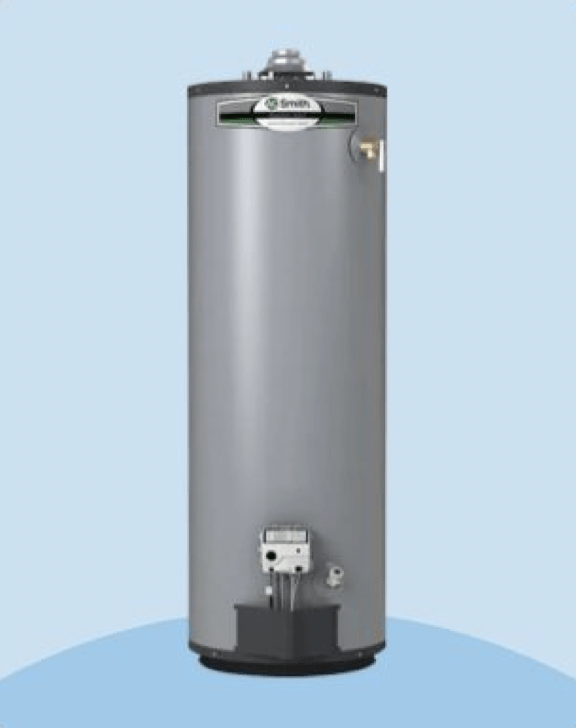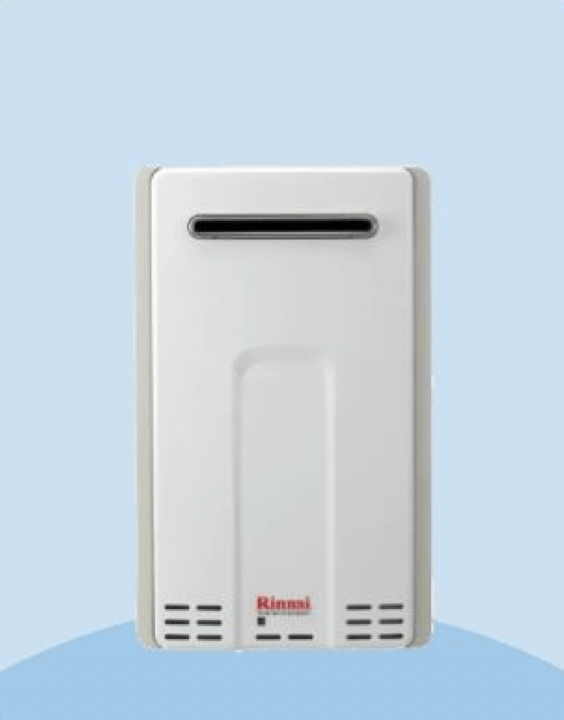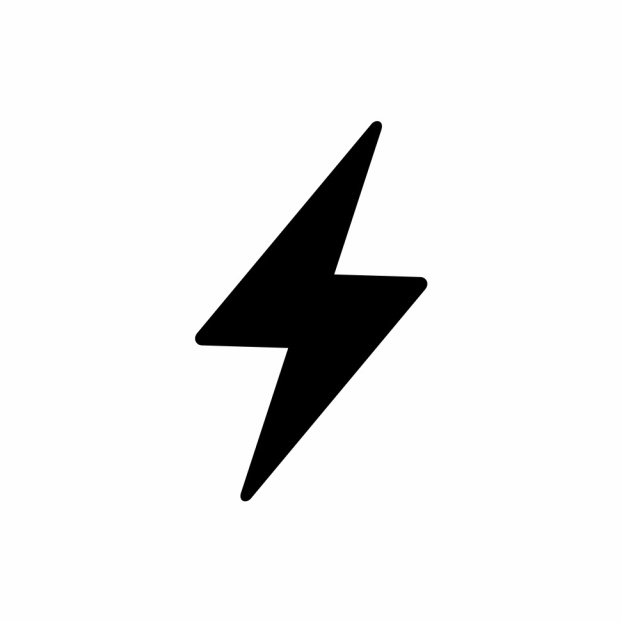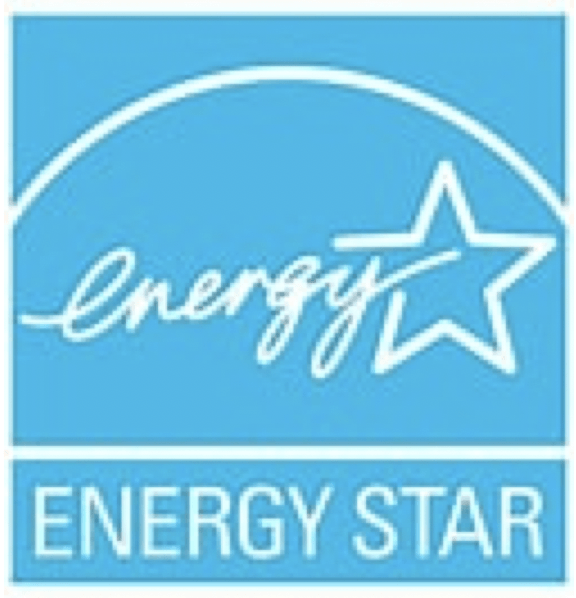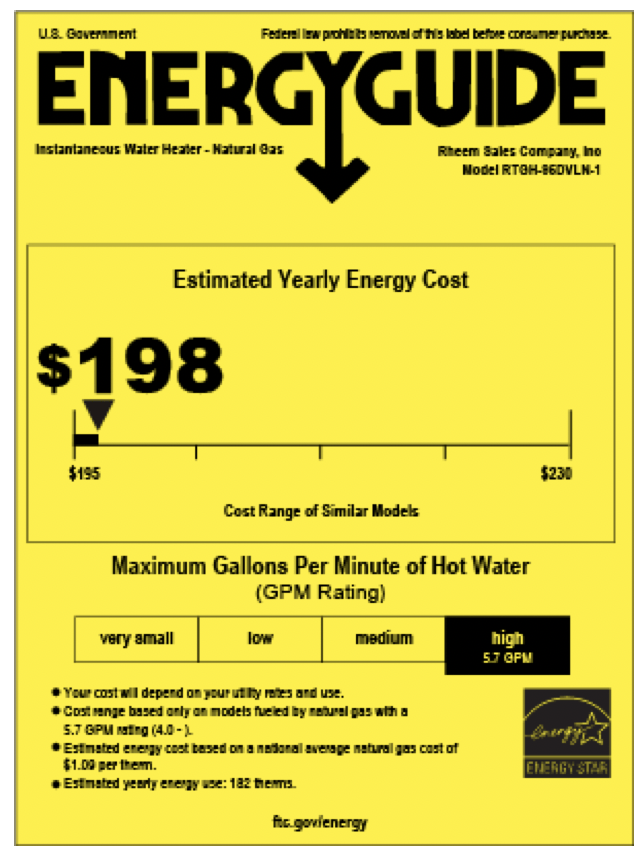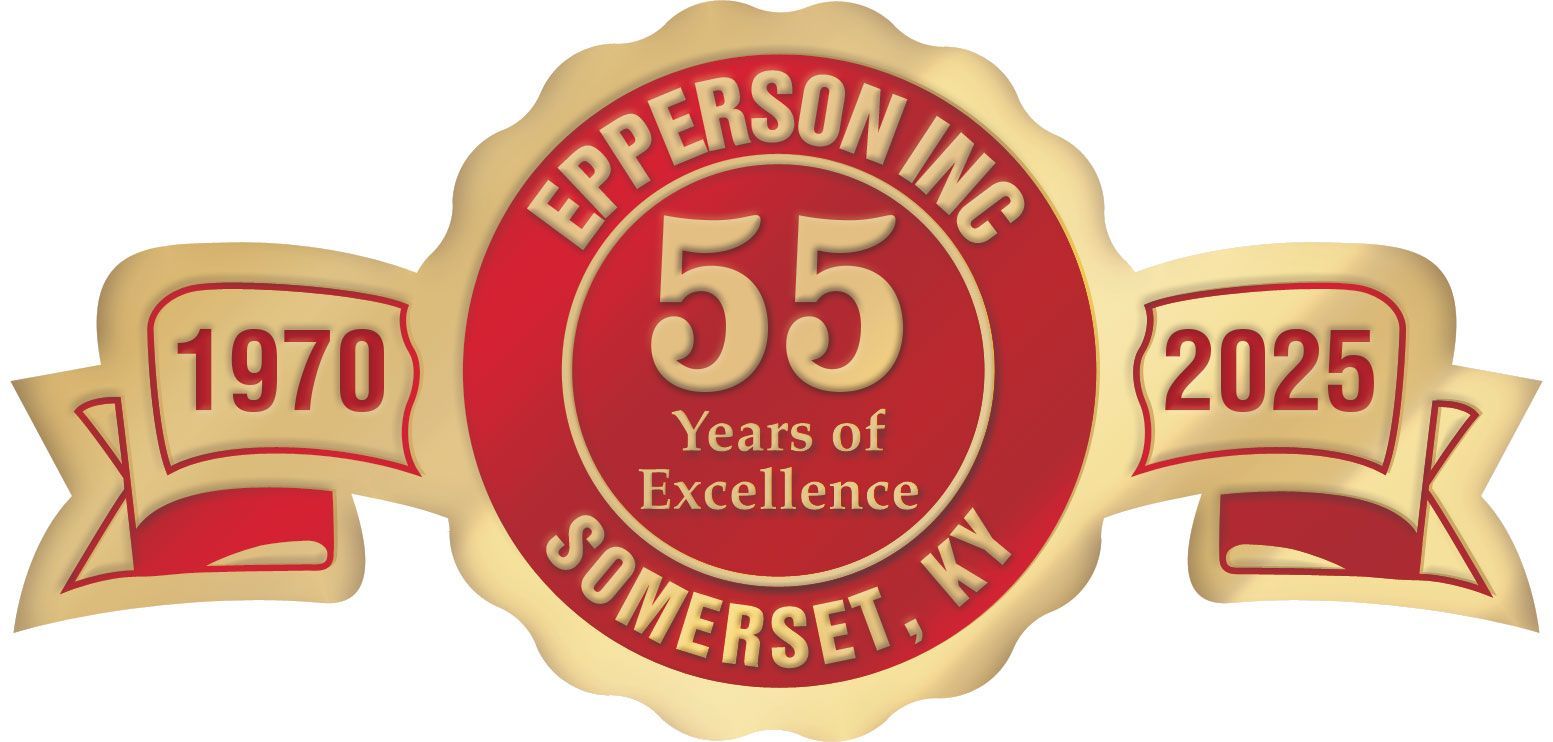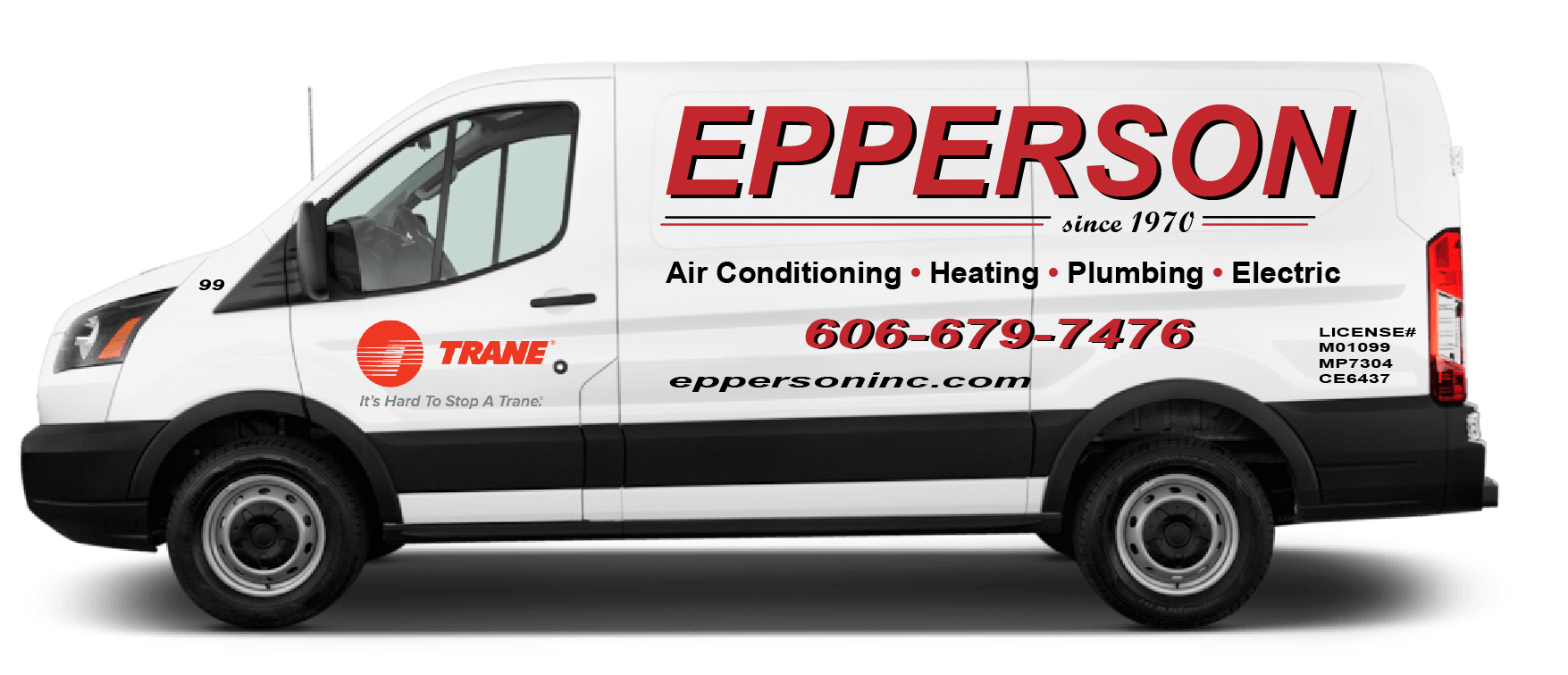Water Heaters
Water Heater Problems?
The water heater is one of the most important appliances in your home or business. It ensures hot water is readily available to meet your needs vital to everyday life. If you are currently experiencing any of the following issues it may be time for a water heater replacement:
- Water is not getting hot
- Hot water runs out quickly
- Water heater is leaking
- Water heater is rusting
- Water heater is making noise
- Water heater is more than 8 years old
Capacity
Having the right size of water heater makes all the difference, especially when it comes to traditional storage tank type models. Every situation is different, and a lot depends on how you use hot water in your home and the type of appliances/fixtures you have installed. A general rule of thumb for sizing storage tank type water heaters is shown below:
Family of 1-2: 40 Gallon
Family of 2-3: 50 Gallon
Family of 3-4: 80 Gallon
Family of 5+: 100 Gallon
Determining the correct tankless water heater capacity is a bit more complex. Important criteria to consider are flow rate and temperature rise. Sizing a tankless water heater is very dependent on the type of appliances/fixtures you have installed in your home and how you plan on using them. We recommend consulting with an experienced
EPPERSON plumber to determine the exact capacity you need.
Tank or Tankless
Tank
Tank type water heaters are the most common and likely what you have installed in your home today. These insulated tanks heat and store water until its needed in your home. Tank type water heaters come in a variety of sizes, capacities, and fuel sources.
VS
Tankless
Tankless water heaters are energy efficient in the sense they only heat water as its needed. With tankless, water is instantly heated as it passes through a series of coils prior to being distributed through your home so you never have to worry about running out of hot water again. Tankless type water heaters come in a variety of capacities and fuel sources and have a space saving design.
Depending on the utility services available at your property, you may have the option to choose between a gas or electric water heater. Whether you’re replacing an existing water heater or thinking about making the switch between gas and electric give us a call before to discuss your options and provide you with a free estimate.
Energy Savings
Water heaters are the second highest energy consumer in the home behind your HVAC system. This is all the more reason to consider energy efficiency when deciding on a replacement. ENERGY STAR certified water heaters are an easy choice for energy savings, performance, and reliability. They use less energy than standard models, saving homeowners money on their utility bills while helping protect the climate.
UEF (Uniform Energy Factor) is the newest measure of water heater overall efficiency. The higher the UEF value is, the more efficient the water heater and the less it will cost to operate. UEF is determined by the US department of Energy and is a good metric to evaluate energy efficiency for water heaters of the same capacity.
Utility Rebate
Your new energy efficient water heater may be eligible for a local utility rebate. These rebates are ever changing so reach out to your local utility company representative to inquire on if your new water heater qualifies for a utility rebate and how much $$ you can save.
Federal Tax Credit
If you are purchasing a new energy efficient water heater for your primary residence you may be eligible for a qualified energy property tax credit as set forth by Internal revenue Code Form 5695. By completing this form you can save up to $300 when you file your yearly taxes. Criteria for qualifying for 2020 are as follows:
Residential Gas, Oil, Propane Water Heater
Uniform Energy Factor (UEF) >= 0.82
Residential Electric Heat Pump Water Heater
Uniform Energy Factor (UEF) >= 2.2


